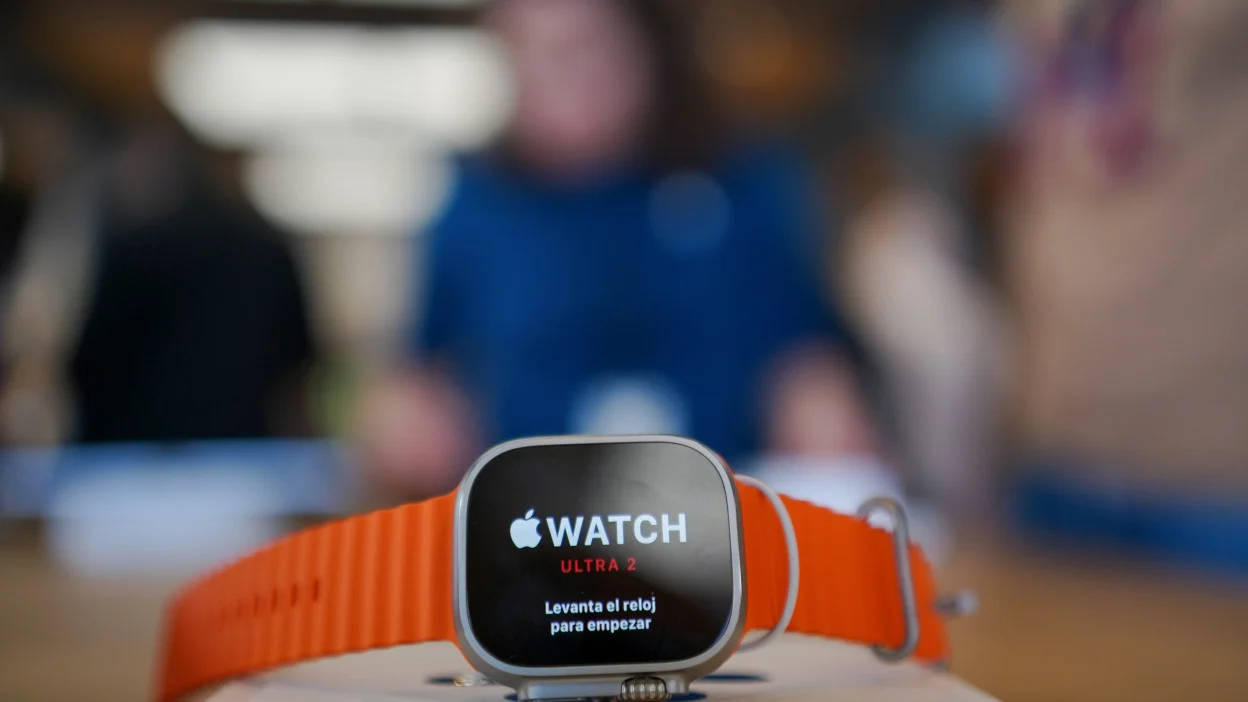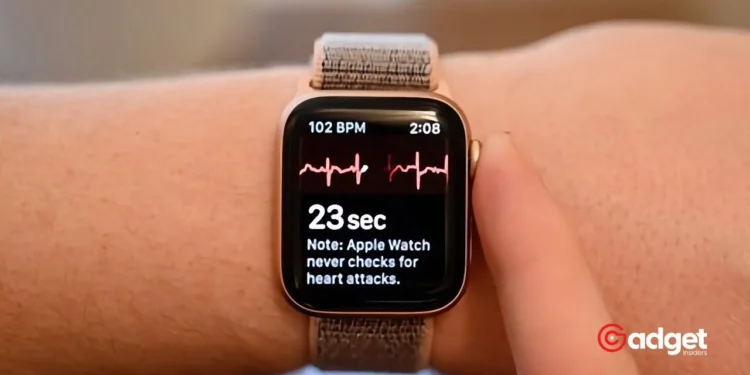In a landmark decision, the FDA has recently stamped its approval on the Apple Watch’s atrial fibrillation (AFib) history feature, marking it as the first digital health technology to gain recognition under its rigorous Medical Device Development Tools (MDDT) program.
This certification not only underscores the Apple Watch’s pivotal role in modern healthcare but also highlights its capacity to offer potentially life-saving insights into heart health.

From Innovation to Lifesaver: The Journey of Apple Watch’s AFib Feature
Introduced in 2022, the AFib detection tool of the Apple Watch was promptly approved by the FDA, just hours before Apple’s official announcement. Since its inception, the feature has played a critical role in safeguarding users by identifying irregular heart rhythms indicative of atrial fibrillation—a condition often unnoticed until severe symptoms manifest.
Numerous accounts have surfaced where the Apple Watch has been instrumental in saving lives by alerting users to unrecognized heart conditions. Such capabilities not only enhance individual health awareness but also bridge critical gaps in the traditional healthcare monitoring systems.

FDA’s Endorsement Under MDDT: A Testament to Reliability and Innovation
The FDA’s inclusion of the Apple Watch AFib history feature in its MDDT program is particularly noteworthy. It designates the device as a reliable non-invasive method for estimating atrial fibrillation, providing a significant tool for medical device developers and healthcare professionals.
According to the FDA, the MDDT program aims to “qualify tools that medical device sponsors can choose to use in the development and evaluation of medical devices.”
Apple Watch AFib feature gets new FDA seal of approval https://t.co/WmIMqX7qLE by @benlovejoy
— 9to5Mac (@9to5mac) May 2, 2024
Clinical Support and Validation
The credibility of the Apple Watch’s AFib feature is further backed by rigorous clinical research. In a detailed study involving 280 participants, the Apple Watch demonstrated remarkable accuracy in AFib detection.
The data revealed an average difference of just 0.67% in AFib burden estimates compared to a previously qualified reference device, with over 92.9% of subjects showing minimal weekly variations.
“The average difference between the AFib History Feature and the reference device’s weekly burden estimate was 0.67% with a 95% confidence interval of (-0.05%, 1.38%),” noted the FDA filing. “This precision underscores the reliability of the Apple Watch in monitoring heart health,” the agency added.

What This Means for Users and the Future of Heart Monitoring
This FDA approval does not only validate the Apple Watch as a tool for AFib estimation but also sets a precedent for the future integration of similar technologies in medical diagnostics and patient care.
While the Apple Watch is not designed to identify conditions like atrial flutter or tachycardia, its effectiveness in estimating AFib burden makes it a valuable asset in the healthcare arsenal, particularly as a supplementary tool in clinical studies.
As digital health technology evolves, the Apple Watch’s role in preventive health care is becoming increasingly significant. This FDA approval might just be the beginning of a new era in healthcare, where everyday devices empower individuals with vital health insights, fostering a more informed and proactive approach to heart health.










